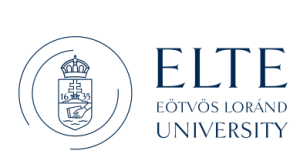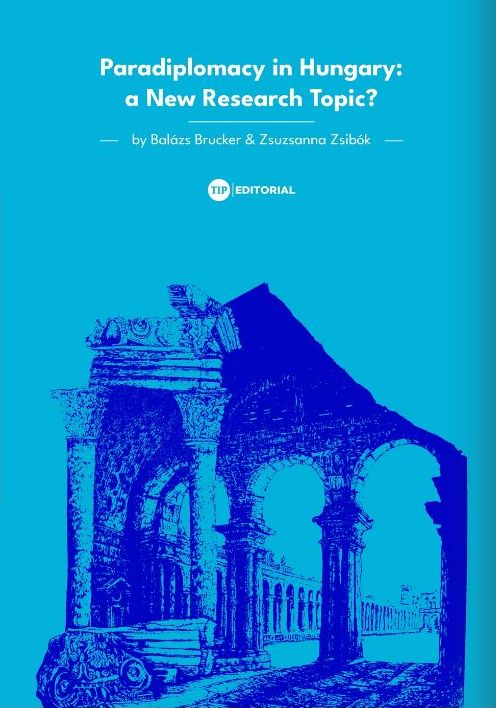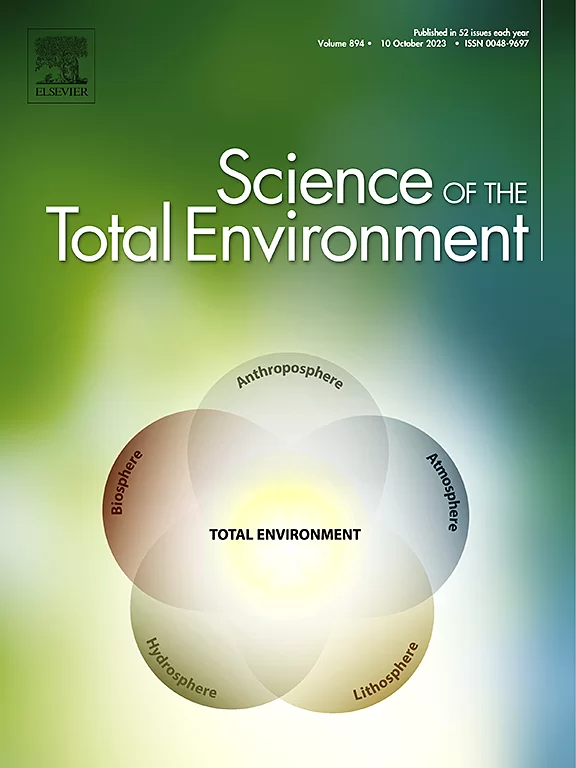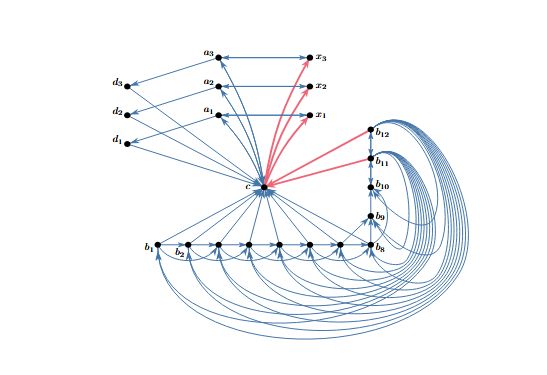Dynamics of two-sided platforms in public administration – new research article by Róbert Somogyi and co-authors in Operational Research
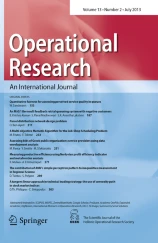
Dynamics of two-sided platforms in public administration Fatma Aslan, Andras Nemeslaki, Robert Somogyi & Adam Janos Zsiros Operational Research – Volume 26, article number 12, (2026) – Published: 8 December 2025 Abstract This paper argues that some key aspects of the management of public platforms can be described well by using the […]
Book chapters by Réka Horeczki and Ilona Pálné Kovács has been published in Research Companion to the Periphery and Peripheral Regions
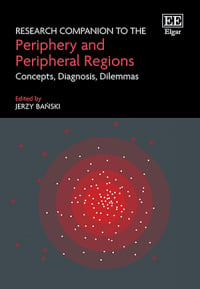
Research Companion to the Periphery and Peripheral Regions Concepts, Diagnosis, Dilemmas Edited by Jerzy Bański Edward Elgar Publishing Ltd. – Publication Date: 2025 – ISBN: 978 1 03533 892 4 Extent: 360 pp This interdisciplinary Research Companion sheds light on territories located outside or far from urban centers. It discusses in detail the peripheralization occurring […]
The relationship between bonuses and firm performance – new research article by Balázs Reizer in Finance Research Letters
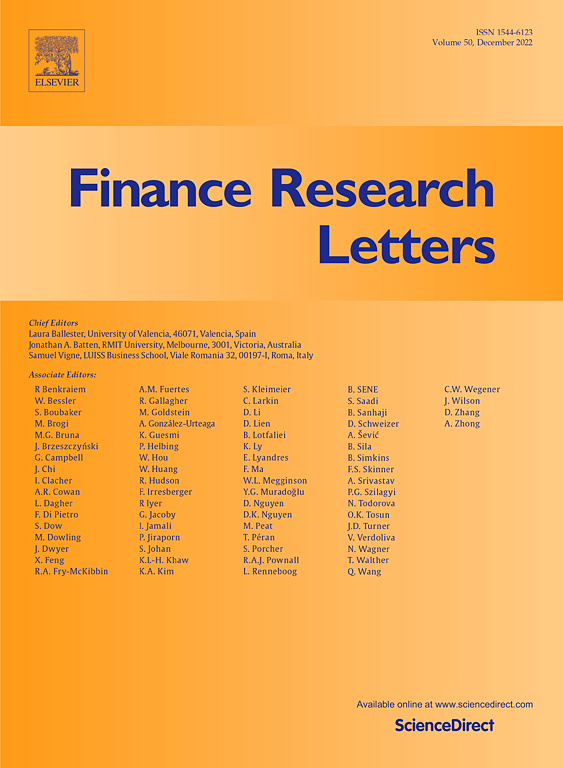
The relationship between bonuses and firm performance Balázs Reizer Finance Research Letters – Volume 86, Part C, December 2025 Highlights Uses large-sample, firm-reported data with worker-level information on wages to estimate the relationship between bonuses and firm performance. Bonus-paying firms have 3.9%–4.6% higher value added per worker and 3% higher total factor productivity. Bonuses […]
Quality of life in the EU countries and regions before and during the COVID-19 pandemic years – new research article by Csaba Lakócai in Bulletin of Geography
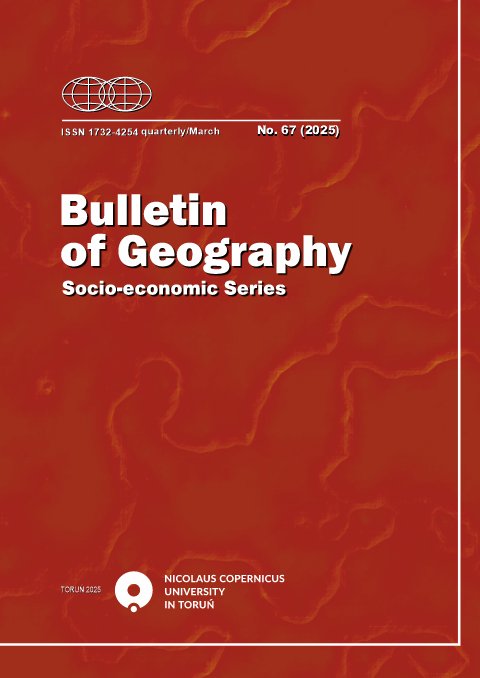
Quality of life in the EU countries and regions before and during the COVID-19 pandemic years Csaba Lakócai /Centre for Economic and Regional Studies – Institute of World Economics/ Bulletin of Geography. Socio-economic Series. 2 December 2025. No. 70, pp. 125-135. Abstract The latest pandemic had disparate impacts on the quality of life of […]
Unequal Fields: How Agricultural Subsidies Are Reinforcing Income Gaps in Farming – by Imre Fertő

Unequal Fields: How Agricultural Subsidies Are Reinforcing Income Gaps in Farming Imre Fertő The gap in agricultural incomes is no longer a marginal side-effect of farming. It has become a structural feature of European – and especially Central-Eastern European – agriculture. The recent paper by Imre Fertő shows that farm income inequalities are not just […]
Dependency meets illiberalism: expansion of the EV battery sector in Central Europe – new study by Judit Ricz and Andrea Éltető in Post-Communist Economies
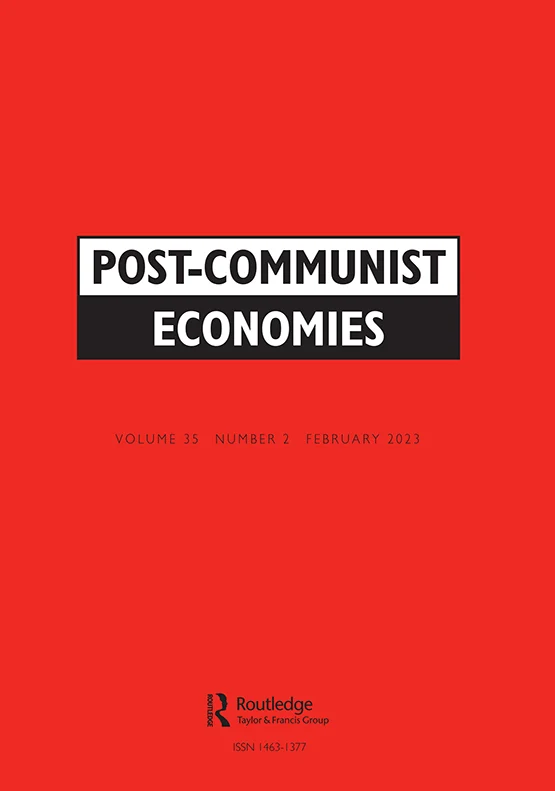
Dependency meets illiberalism: expansion of the EV battery sector in Central Europe Ricz Judit & Éltető AndreaPost-Communist Economies – Published online: 18 Nov 2025 Abstract In the emerging new geopolitical landscape, Central European (CE) economies experiment with alternative approaches, leading to the rise of illiberal politics and changed economic governance. With Hungary being the […]
The Large Core of College Admission Markets: Theory and Evidence – new co-authored study by Péter Biró in The Review of Economics and Statistics
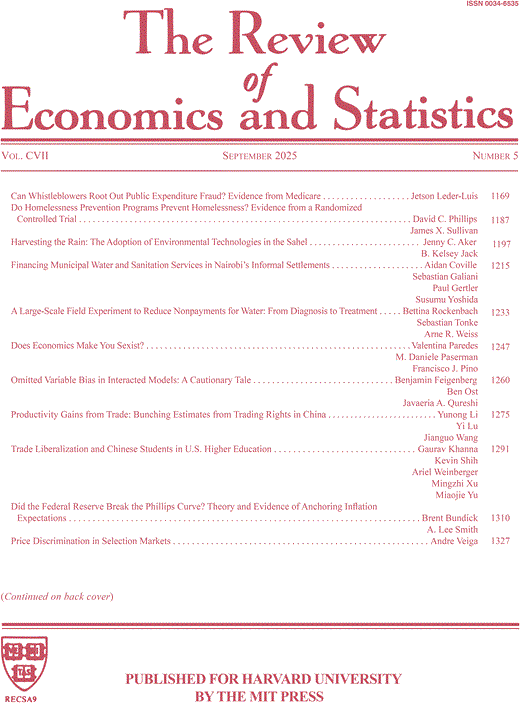
The Large Core of College Admission Markets: Theory and Evidence Péter Biró, Avinatan Hassidim, Assaf Romm, Ran I. Shorrer, Sándor Sóvágó The Review of Economics and Statistics 1–42. – October 27 2025 Abstract We study college admissions markets where students can attend the same college under different financial terms. The deferred acceptance algorithm identifies a […]
Accident-Induced Absence from Work and Wage Growth – new co-authored article by Anikó Bíró and Márta Bisztray in Journal of Labor Economics
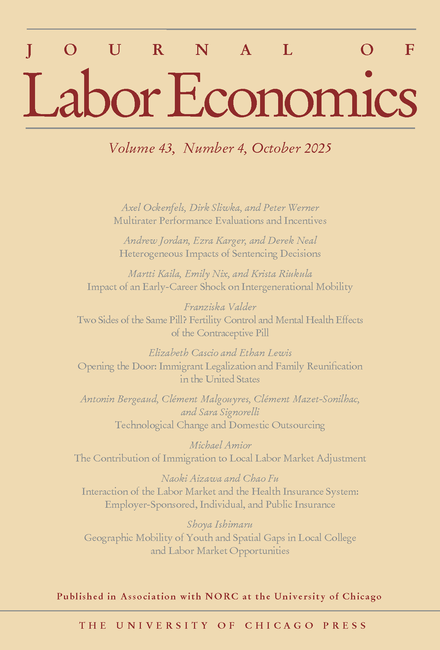
Spatial dimensions of the foreign resident population in small towns in Hungary – new research article by Réka Horeczki and Gábor Lados in City.hu

Spatial dimensions of the foreign resident populationin small towns in Hungary Réka Horeczki – Gábor Lados CITY.HU Várostudományi Szemle. 5(2), 137–154. Abstract In line with the primary objectives of the journal, which seeks to present significant economic and socio-spatial issues in various types of urban areas, this study addresses a specific category of settlements: […]
The Governance and Development Policy Dimensions of the Success of Rural Proofing – by István Finta
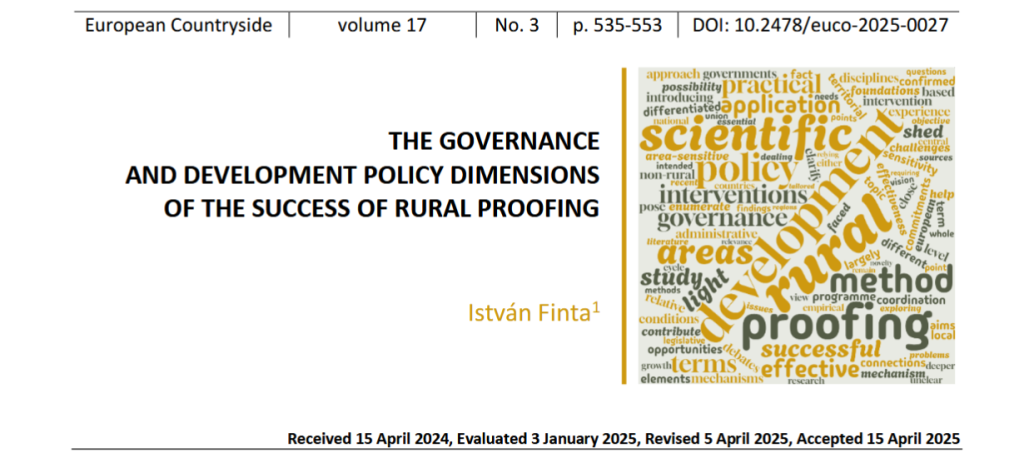
Territorial sensitivity and the different treatment of rural areas’ needs over the past two to three decades have given rise to an intervention and governance method in many countries known as rural proofing. The practical significance of this approach is also supported by the fact that the European Commission has incorporated it into the […]

